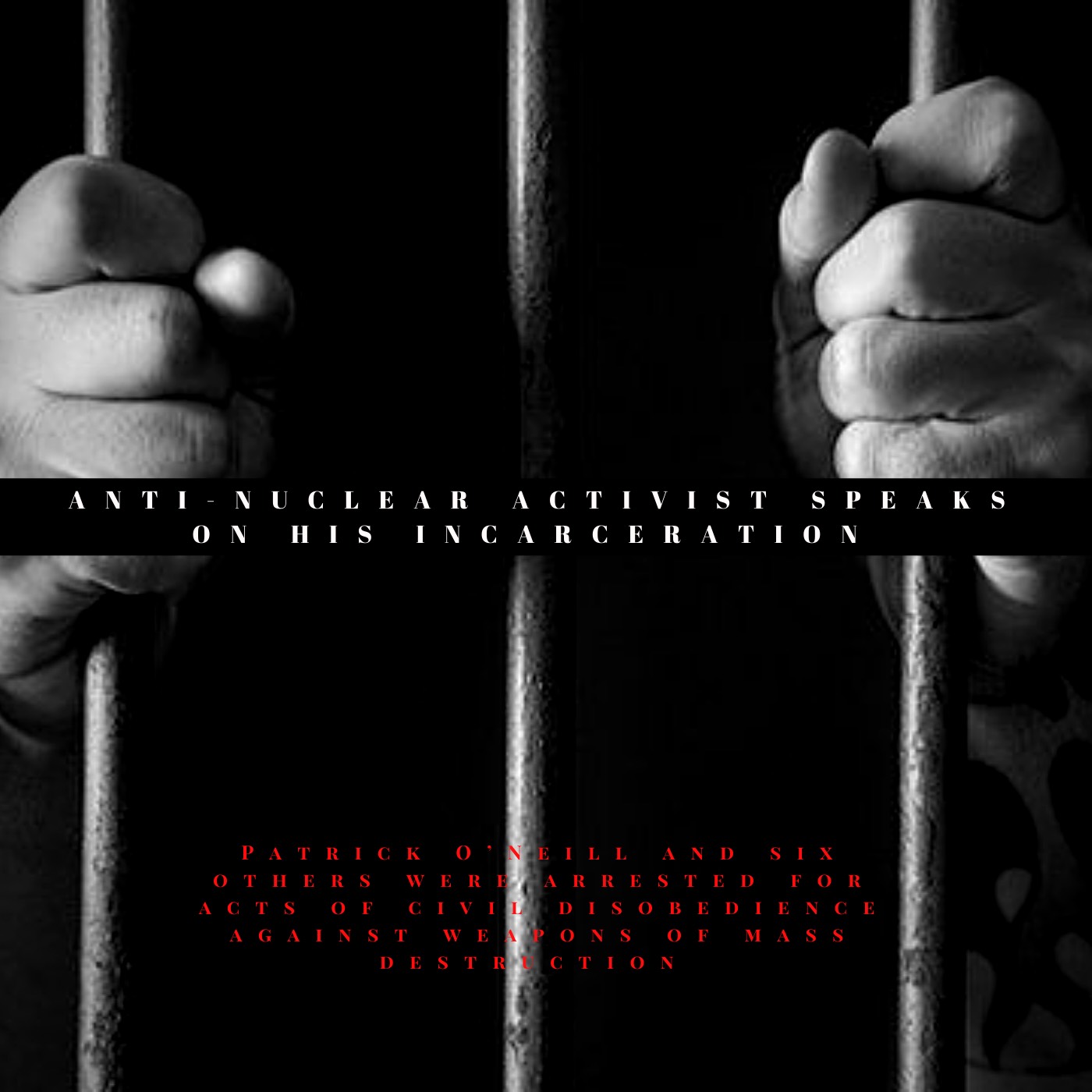The term “civil disobedience” harkens back to Henry David Thoreau, the civil rights movement and Mahatma Gandhi. However, this term is still relevant to many individuals in the United States of America today.
Students in the Winthrop University honors course Nonviolence and Violence in Politics and History were able to speak to Patrick O’Neill, a 63-year-old Catholic peace advocate.
“The week before we read about pacifism and non-violence. I thought he would be a good person to talk to in our class because what he did was not a passive act,” Ginger Williams, a professor of interdisciplinary studies, said. “It was a strong act of civil disobedience. I wanted them to meet a real life pacifist. [O’Neill] talking to this class gave him another venue to talk about what he did in trying to educate people about the issues that are important to him.”
O’Neill will soon be sentenced to a few years in federal prison after he and six others broke into the Kings Bay Naval Submarine Base in Southeastern Georgia in 2018. O’Neill is part of a group that is against the production and use of nuclear weapons. Kings Bay is home to various types of nuclear weapons.
The group broke into the 16,000 acre base by cutting a padlock. They split up into three groups with crime scene tape, hammers and banners to get their message across.
O’Neill shared his message to students about what pacifism means to him.
“I take the fact that Jesus played into his suffering and death and did not put up a fight. I think Jesus was a pacifist. I see pacifism as an… act of nonviolent force for a social change… to stand up for injustice,” he said.
O’Neill expressed his concern and main message to the students in the class and why he is against weapons of mass destruction.
“I think when we have weapons of mass destruction we are tinkering with the human experiment. We are basically living in a world where we are on 24/7 alert,” he said. “Nuclear weapons can be used everyday on the planet. We are 15 minutes away from armageddon, [and] not thinking about it doesn’t mean we are safe.”
Williams wanted to bring in a real person’s perspective and give O’Neill a platform to speak about his acts of civil disobedience.
“What he did was strong, poignant, and controversial. I thought it would be good for the discussion,” Williams said. “When people do civil disobedience they are supposed to talk about it. It’s almost like a responsibility.”
O’Neill could serve around 21 to 27 months in federal prison depending on the judge’s decision. This will be his third time in prison for acts of civil disobedience. O’Neill wore a GoPro camera to use as evidence when going through his trail.
“I do okay in prison. I try to use my time in prison to help people because there is a lot of sadness and anger in prison for a lot of different reasons,” he said. “I participate in bible studies and try to make friends with people.”
Some of the students believed this phone call discussion was important to changing their perspective on pacifism and nonviolence.
“That conversation was important because it’s always important to see things from a real perspective and [have a] first-hand experience,” Kayla Thomas, a freshman criminology major, said. “It was interesting because my concept of nonviolence is protesting, [but] you don’t always hear about them doing these things that aren’t violent. He had a good cause, [and] I can see [it] from his perspective.”
Graphic: Shaniah Garrick / The Johnsonian




